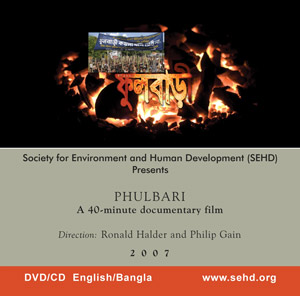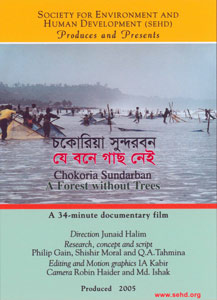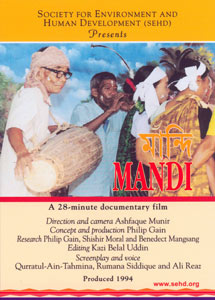
Phulbari – Documentary
A documentary film on the social, environmental and economic issues of the proposed Phulbari open-cast mine.
2007, English and Bangla, 45 mins – DVD Tk.200 / US$10, CD Tk.100 / US$5
Phulbari, a 45-minute film documents facts about grassroots revolt in Phulbari against open-cast mining and explains complex social, environmental and economic issues involved with coal and its extraction strategies. In energy-poor Bangladesh coal is said to be an important resource that has put Bangladesh to the test. The film is an eye-opener to anyone interested in energy security in Bangladesh.
Publication Details
Published: 2007
Language: English and Bangla
Length: 34 minutes
Director: Ronald Halder and Philip Gain
DVD: Tk.200 / US$10
CD: Tk.100 / US$5



